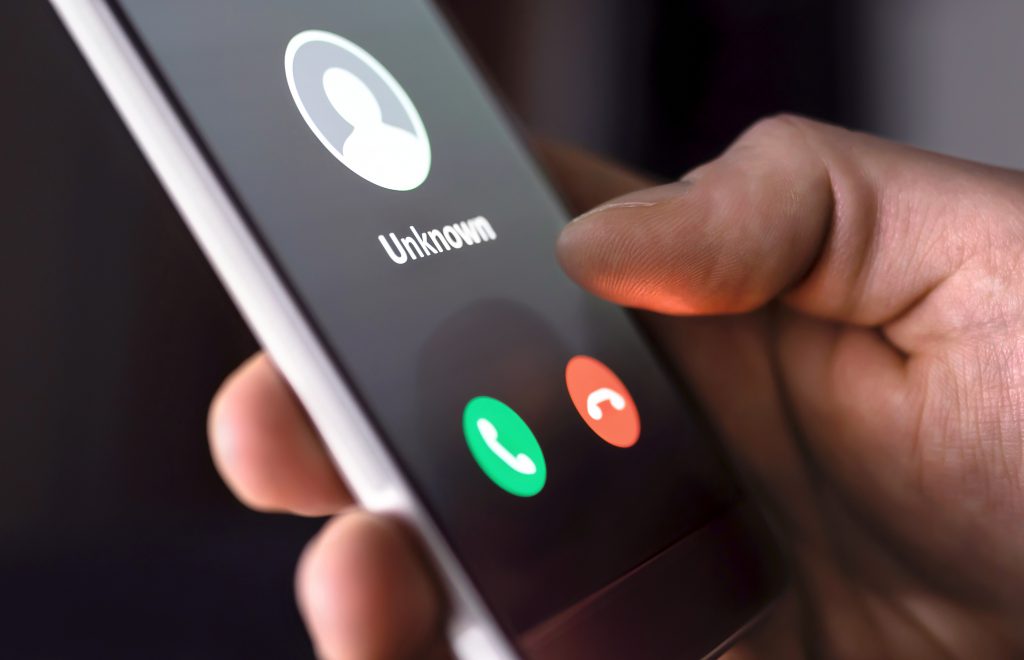On Wednesday, the Federal Communications Commission (FCC) responded to an informal complaint lodged against VoIP service provider ViaTalk LLC regarding access to telecommunications services. The order concluded that ViaTalk did not fulfill its obligation to individuals with disabilities under the Communications Act because it failed to provide customer service to a quadriplegic client despite his numerous requests for assistance.
The FCC’s 11-page order explained the legal backdrop of the Communications Act and the relevant requirement that providers offer product support communications to all users. It further explained that the complaint arose from the grievances of a disabled man who used ViaTalk’s VoIP system for years before he encountered difficulties. The order recounted a series of customer service communications between the complainant and ViaTalk, culminating with the company sending him a new adapter to resolve the interconnected VoIP service issue.
Once he received the adapter, however, the ViaTalk client struggled to install it. His requests for troubleshooting assistance went unanswered, and ViaTalk declined to send a technician to his home to help install it. Thereafter, the man complained to various authorities, and relevantly, the FCC’s Enforcement Bureau in February 2021.
In this week’s order, the FCC considered whether ViaTalk satisfied its obligation to ensure access to information, including product support communications, to individuals with disabilities and concluded that it did not. In so finding, the FCC pointed to evidence showing that ViaTalk failed to call the man back, even though he made multiple requests.
The FCC overrode ViaTalk’s argument that it chose not to call the client back because he threatened legal action. “We do not believe that ViaTalk’s obligation to comply with section 255 and the Commission’s rules were eliminated because [the client] threatened legal action, and the Company provides no legal support for that claim,” the order said.
Though the FCC did not propose a monetary forfeiture as part of its order, it did propose that the company contact the complainant to restore his interconnected VoIP service within 14 days. In addition, the order proposed that ViaTalk establish a process to ensure complaints by individuals with disabilities are promptly addressed and efforts to resolve those complaints documented.
